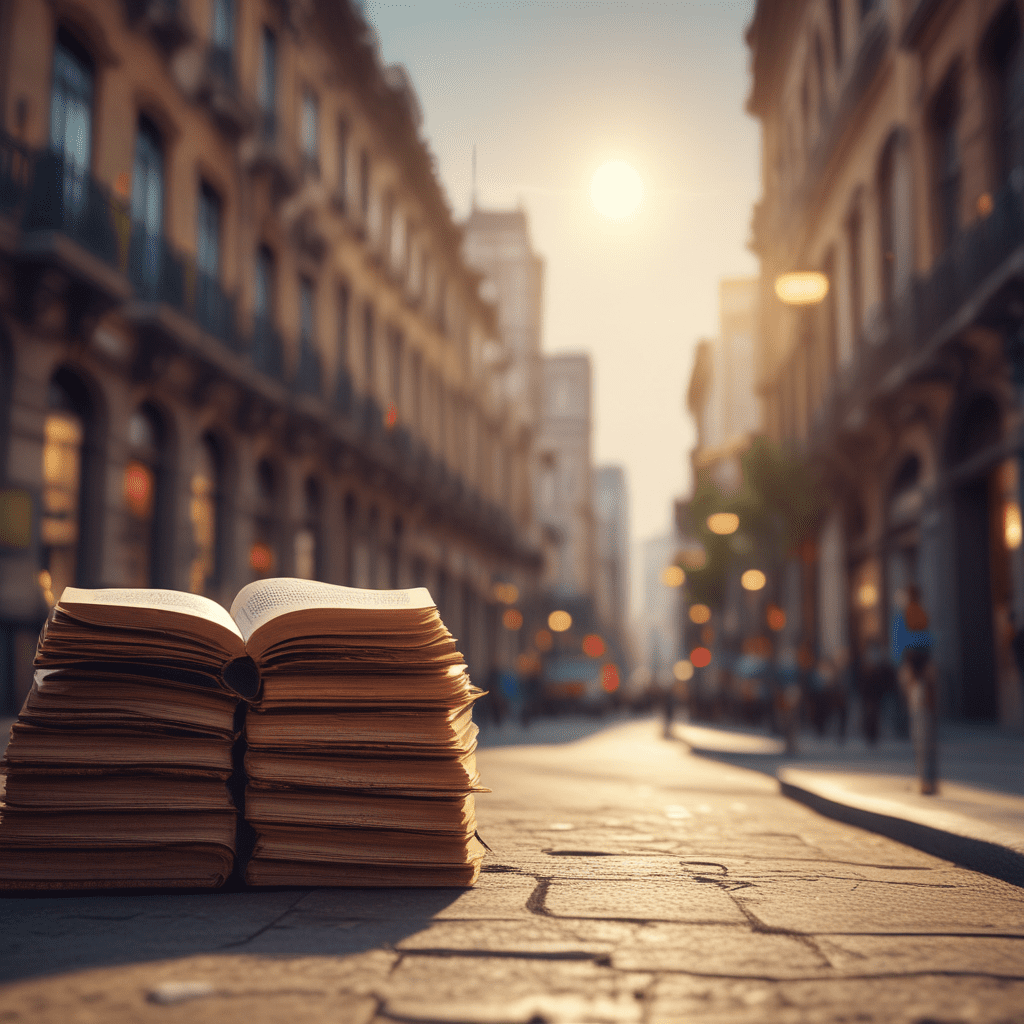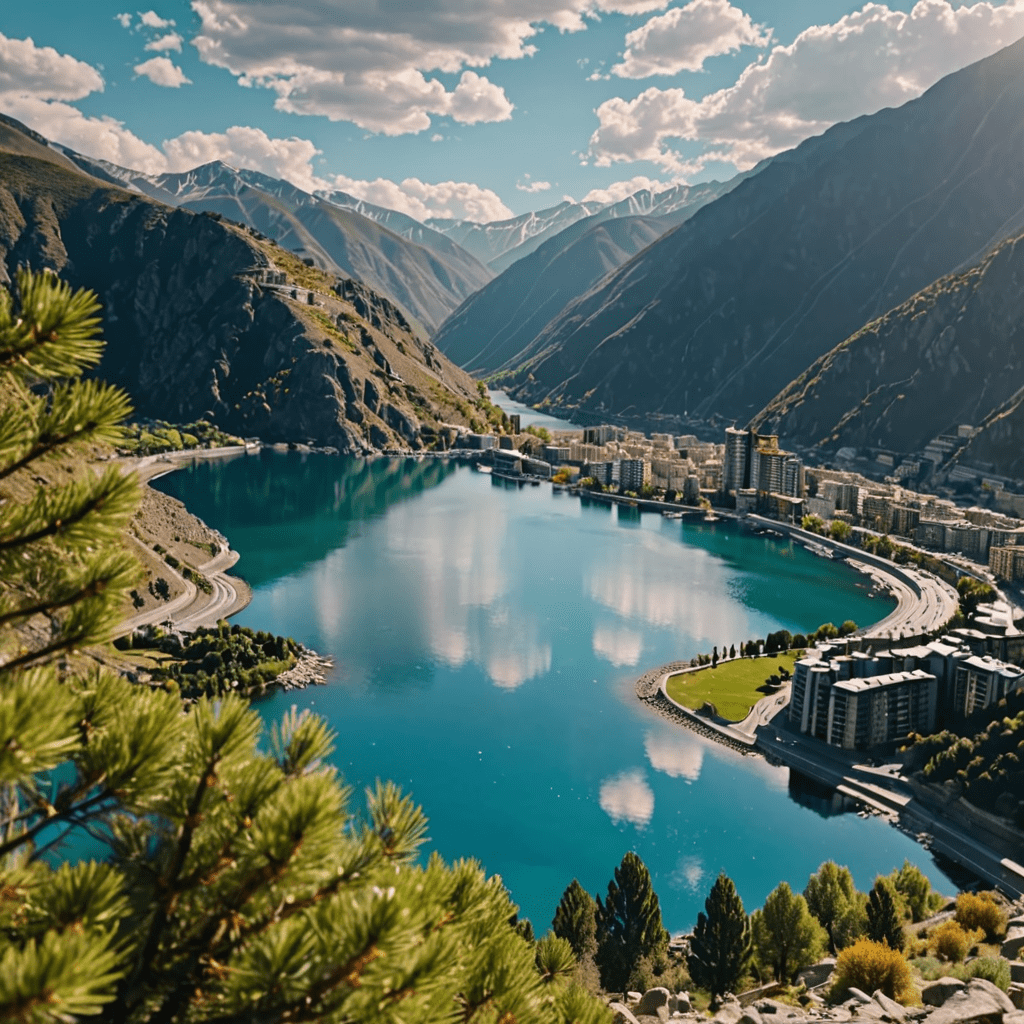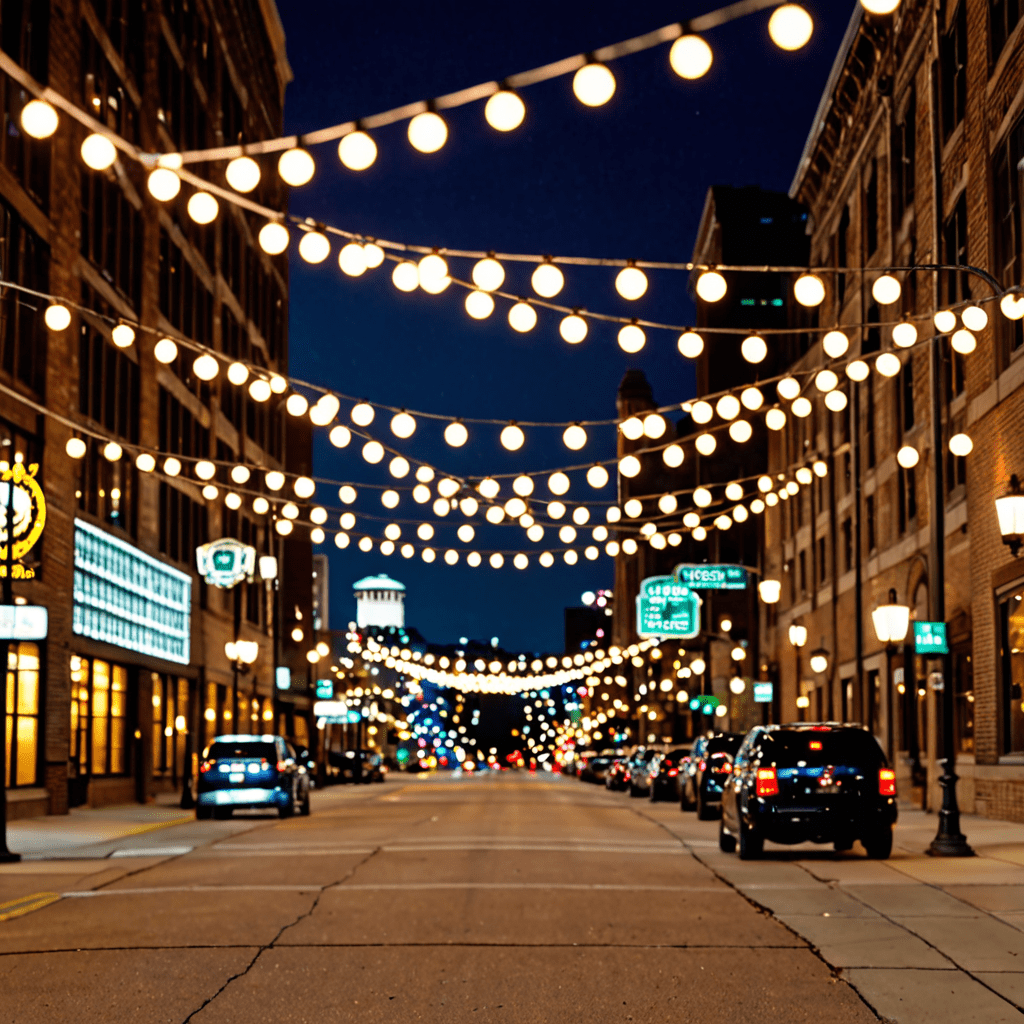The Literary History of Argentina
Argentina boasts a rich and diverse literary heritage that reflects the country’s complex history and vibrant cultural landscape. From famous writers to impactful literary movements, Argentine literature has made significant contributions to the global literary scene. Let’s delve into the fascinating literary history of Argentina.
Colonial Literature
The literary roots of Argentina can be traced back to its colonial period when Spanish colonizers introduced European literary traditions to the region. Early Argentine literature often revolved around religious themes and chronicles of exploration and conquest.
Golden Age of Argentine Literature
The 19th century marked the emergence of the Golden Age of Argentine Literature, with writers such as Esteban Echeverría and Domingo Faustino Sarmiento leading the way. This period saw the rise of identity-focused literature that explored themes of nationalism, social issues, and realism.
Modernism and Avant-Garde Movements
In the early 20th century, Argentina experienced a literary renaissance with the arrival of modernist and avant-garde movements. Writers like Jorge Luis Borges, a towering figure in world literature, challenged traditional narrative forms and delved into metaphysical and philosophical themes.
Magical Realism and Boom of Latin American Literature
Argentina played a key role in the magical realism movement, with authors like Julio Cortázar and Adolfo Bioy Casares captivating readers with their innovative storytelling techniques. The Boom of Latin American Literature in the 1960s and 1970s further solidified Argentina’s place on the global literary stage.
Dictatorship and Literature
The dark period of dictatorship in Argentina during the late 20th century left a profound impact on the country’s literature. Writers like Luisa Valenzuela and Osvaldo Soriano used their work to depict the harsh realities of political repression and censorship.
Contemporary Argentine Literature
Today, Argentine literature continues to thrive with a new generation of writers exploring diverse themes and genres. From crime fiction to experimental prose, Argentine authors like Samanta Schweblin and Mariana Enríquez are gaining international acclaim for their bold and innovative storytelling.
Conclusion
The literary history of Argentina is a testament to the country’s artistic vitality and cultural richness. From its colonial roots to the present day, Argentine literature has evolved and adapted, reflecting the nation’s triumphs and tribulations. Exploring the works of Argentine writers offers a unique insight into the soul of this vibrant and dynamic nation.
FAQ: The Literary History of Argentina
What is the literary history of Argentina?
Argentina has a rich literary history that dates back centuries. It encompasses a diverse range of genres and styles, reflecting the country’s cultural and political evolution.
Who are some famous Argentine writers?
Argentina has produced many renowned writers, such as Jorge Luis Borges, Julio Cortázar, and Adolfo Bioy Casares. Each has made significant contributions to world literature.
How has Argentine literature been influenced by history and politics?
The turbulent history and complex political landscape of Argentina have deeply influenced its literature. Writers often explore themes such as dictatorship, exile, and social struggles in their works.
What are some iconic works of Argentine literature?
Iconic works of Argentine literature include Borges’ “Ficciones,” Cortázar’s “Hopscotch,” and Sábato’s “The Tunnel.” These works showcase the depth and complexity of Argentine literary tradition.



